What Beyond: Two Souls reveals about the PS4
Learning lessons from the future
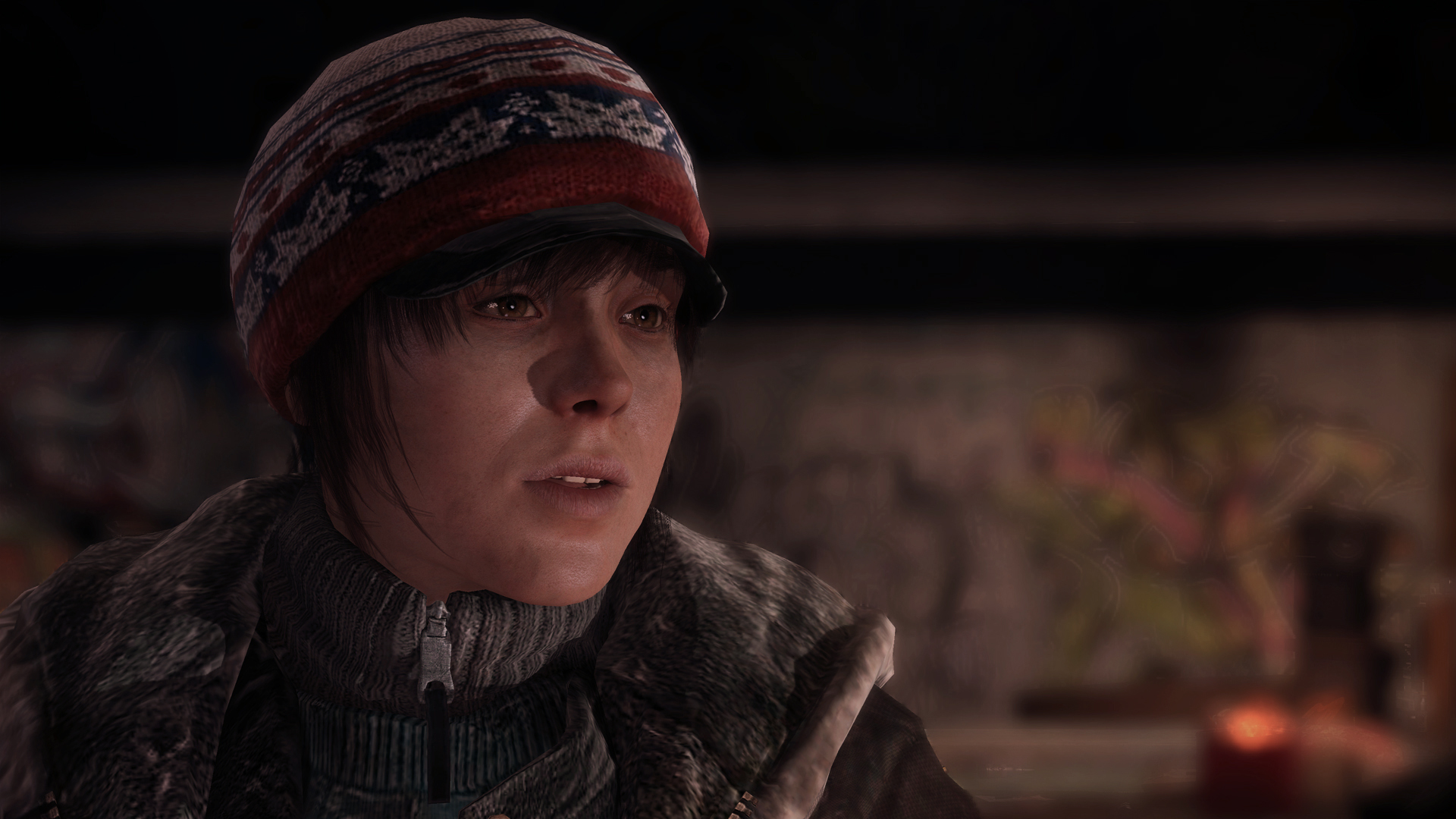
Critics are already hugely divided over David Cage's latest game, Beyond: Two Souls, but that's hardly a surprise. Beyond marks an ambitious shift towards more story-heavy, cinematic experiences - more so than Cage's last blockbuster outing, Heavy Rain - and it won't be for everyone's tastes.
But it also arrives on the PS3 as the console is about to pass the baton to its next-gen successor, and the result is telling. The comparisons with Heavy Rain are inescapable but on a technical level the two are a world apart.
"I was [recently] playing, for whatever reason, the two trailers side by side and my gut feeling when I saw Heavy Rain was that this is either a PS2 or PS3 title," David Cage tells us. "And to me there is really a generation difference between the two games although they're both on PS3. But Beyond looks so much better it's scary."
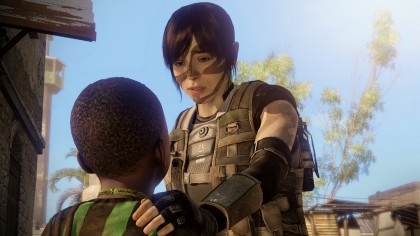
"Performance capture gives you an incredible sense of realism that would be difficult to get otherwise and it's not necessarily more expensive"
Heavier Rain
A lot of this is due to the experience and knowledge of the PS3 that developers have gained over the years, but Beyond's new engine has been modeled on PS4 potential. In fact, several elements of Beyond have been lifted from the next PlayStation.
"We were pretty happy with the Heavy Rain engine but we thought we could go further so we started everything from scratch and developed this new engine which was inspired by what we discovered on PlayStation 4," says Cage.
"So we were were able to implement some PlayStation 4 features on PlayStation 3 which made the game look much better. New special effects engine, new animation engine, new performance capture. It's the first game where we're shooting full performance capture."
Sign up for breaking news, reviews, opinion, top tech deals, and more.
The lighting is one particular area that's a peek into what we'll be seeing a lot more of in the next gen. "This is actually something that comes from the Playstation 4," says Cage. "It's called physically based shading, which means that the different materials have different ways of reflecting light.
"So if you take wood or iron or plastic, the way they reflect light is totally different. And before this feature all materials were reflecting light the same way."
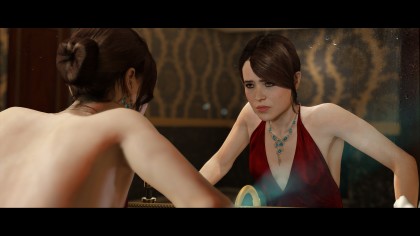
Quantum implemented what is referred to as Bokeh, a technique that renders lighting in a way that adds a hazy blur to shallow-focus shots. "Bokeh is the way light behaves in depth of field," says Cage. "Lights are deformed in a very specific way by the depth of field.
"It really brings another level of realism because this is the kind of visual that you see in movies. Depth of field was significantly improved. So it definitely also helps what we call the skin shaders, how the skin reacts to light, with the translucency."
Tech Sorcery
At this year's E3, Quantic Dream impressed us all with its PS4 tech demo for The Dark Sorcerer. "This is basically Beyond's engine, and we were so excited with what we could achieve," says Cage. "Some people were really impressed with the Dark Sorcerer but this is just the beginning, it's the minimum quality you can get on the console.
"It was done with a very small team, a very small amount of time and small resources. Now we have a full team and we hope to make something really impressive."
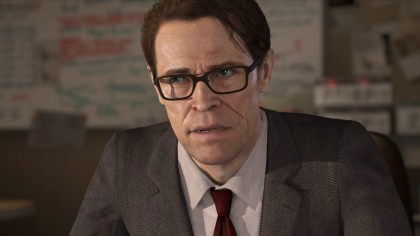
"Some people were really impressed with The Dark Sorcerer but this is just the beginning, it's the minimum quality you can get on the console"
And Beyond's Hollywood ambitions don't stop with the technology. The game "stars" Ellen Page as the lead protagonist Jodie and Willem Dafoe as her doctor, Nathan Dawkins. Cage seems nonplussed by the fact he pretty much took on the role of a full-blown movie director, though he admits he was a little freaked out at the start.
"I had Ellen and Willem on set on the first day and I just realised then, 'Fuck, I have Ellen Page and Willem Defoe and they're waiting for my direction to play my script.'"
Quantum used some of the most impressive facial-expression performance capture ever seen in a game and could well inspire a lot more of its type in the next gen.
"It gives you an incredible sense of realism that would be difficult to get otherwise and it's not necessarily more expensive or longer than framing animations," says Cage.
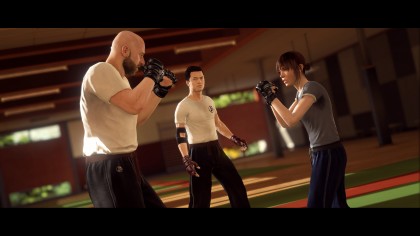
Beyond the hardware
Another of Beyond: Two Souls's headline features is one that lets you play through the entire game with a smartphone or tablet – no PS3 controller needed. All you need to do is download the app to your Android or iOS device.
"What we've done is really done for the first time in the history of games, the first time that meant someone could replace the console controller with a tablet. So we'll see how people react to that and based on that we'll continue on the same philosophy."
It's an interesting time to be a game developer, but Cage gets a kick out of sucking that last bit of juice out of a console. "We always like to make games at the end of cycles," he says. "We did the same with Fahrenheit and it made the game very popular because it was one of the last big games on the PlayStation 2."
So does Beyond finally demonstrate how powerful the PS3 can be? That's our final question to Cage.
"You never know exactly if you've done 100 percent of what the hardware can do," he says. "But our gut feeling is that yeah, pretty much.
- We've updated our PS4 review. Check it out!

Hugh Langley is the ex-News Editor of TechRadar. He had written for many magazines and websites including Business Insider, The Telegraph, IGN, Gizmodo, Entrepreneur Magazine, WIRED (UK), TrustedReviews, Business Insider Australia, Business Insider India, Business Insider Singapore, Wareable, The Ambient and more.
Hugh is now a correspondent at Business Insider covering Google and Alphabet, and has the unfortunate distinction of accidentally linking the TechRadar homepage to a rival publication.